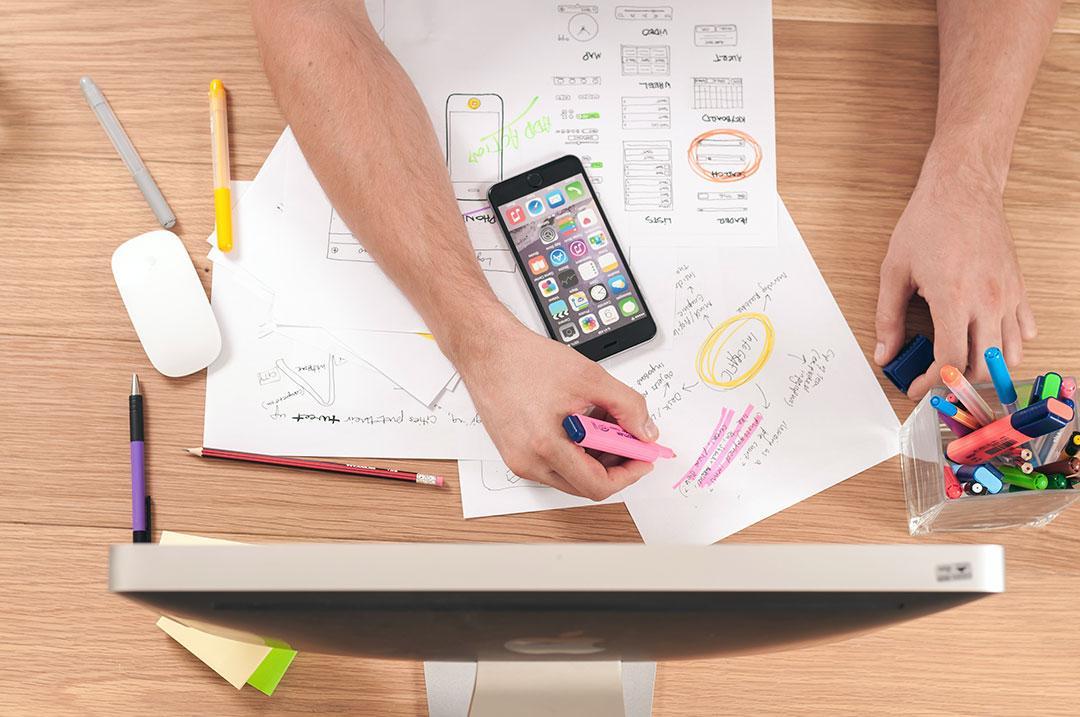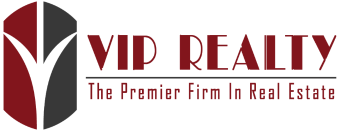Your dream house will probably be your largest investment. Thus, checking out how much you can practically shell out for the house is the very first step taken when buying a house. The good thing, though, is that figuring out a resourceful home budget is quite simple and not exhausting.
To determine the amount of money you can spend for a house, several items such as your income, debts, and the available amount you have allocated for the down payment are to be considered. For someone who is planning to buy a house, you must have a good understanding of the payments of the monthly mortgage.

Although the monthly income, as well as your monthly debts, are likely to remain fix, unanticipated expenses can essentially affect the savings you have established for your dream house. The ideal rule of affordability is to secure a total of three monthly payments – this includes the housing payment as well as the other monthly debts. By securing this amount, you will surely provide the mortgage payment even if some unforeseen event happens.
Understanding the Impact of Debt-to-Income Ratio to Affordability
The outstanding metric used by banks in computing the amount of money you are qualified to borrow the debt-to-income ratio. Relying upon the credit score, you will be entitled to avail a higher ratio, although most of the time, housing expenses must not go beyond 28 percent of the monthly income.
Why it is Wise to Buy a House that is below your Budget

There is a good thing in not fully consuming your credit potentials. If you find a house that is below your budget, give yourself some time to consider it. Why?
First, you still have the advantage of making a bid just in case you end up wrestling with another potential buyer. Second, you will have extra money that you can use for possible upgrades and renovations. A minimal work can change a home into a kind of home you have always been dreaming – without exhausting your savings in the bank.
More essentially, you inhibit setting yourself at the brinks of your financial means if you consider a house that costs lower than your Budget. You will also get the advantage of making updated payments, or you can even make extra payments and save more money by fully paying your mortgage earlier.
Why it is best to wait when buying a House
You may also contemplate holding off your purchase for a house. The thing is – the larger amount of money you can provide for the down payment, the lesser the amount of loan you are bound to settle interest on. Eventually, the biggest part of the amount you pay for the house is usually the interest accumulated on loan.
That is why it makes a valuable distinction if you can manage to make extra payments from the principal, or begin with a higher down payment.
Conclusion
Although buying a house can be very thrilling, it must give you the sense endurance as well as financial security. One thing that you do not want to happen shortly after owning your house is to have an insufficient budget to cater to all your financial responsibilities – mortgage payments, debt payments, groceries, bills, etc.
Whether you are ready to buy a house or not – it all depends on your current financial status. Just because someone is willing to lend you money for a house does not directly mean that you should abruptly get homeownership. Buying a house is a huge responsibility that accumulates to a huge amount of money over the years.
Posted by on
Leave A Comment